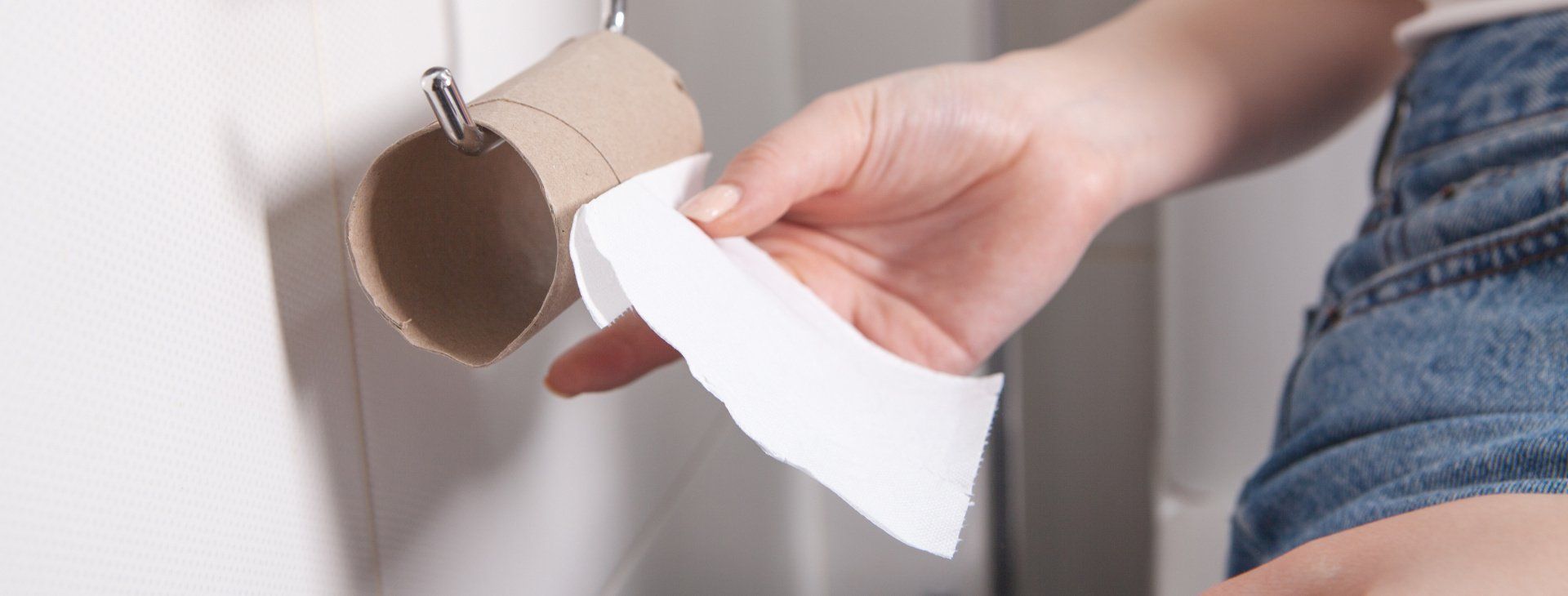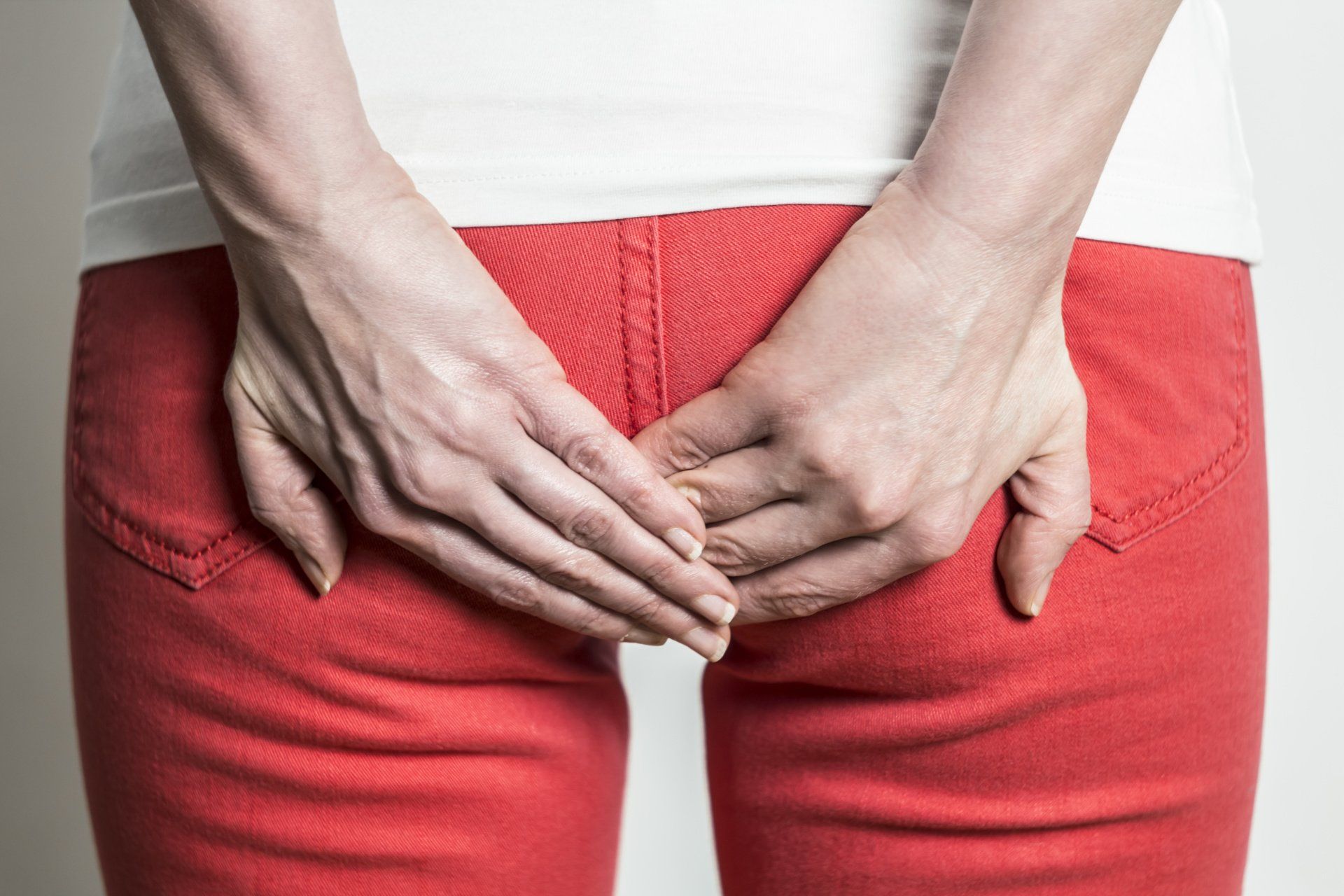HEMORRHOIDS IN NORTHWEST FLORIDA
Swollen veins in the anus and rectum, not unlike varicose veins, are known as hemorrhoids. This condition can develop inside the rectum, internal hemorrhoids, or under the skin around the anus, external hemorrhoids. This is a common condition that affects nearly three out of every four adults on occasion.
HAVE QUESTIONS ABOUT COLONOSCOPIES?
-
What are the Symptoms of Internal Hemorrhoids?
Internal hemorrhoids develop in the rectum, so they can’t be seen or felt, and don’t typically cause pain or discomfort. However, if straining or irritation occurs during a bowel movement there can be signs that you’re experiencing an internal hemorrhoid. Painless bleed can be indicated by small amounts of bright red blood on the toilet or on the toilet paper. In extreme cases, an internal hemorrhoid can become prolapsed and protrude through the rectum, which will cause irritation and pain.
-
What are the Symptoms of External Hemorrhoids?
External hemorrhoids have much more obvious signs. Pain and discomfort in that region of your body, along with irritation and itching in and around the anus are symptoms of an external hemorrhoid. You may also experience bleeding and swelling around your anus.
-
What Causes Hemorrhoids?
There are many habits, conditions, and factors that can lead to the development of hemorrhoids. Because the veins around the anus are designed to move and stretch under pressure and strain, it is not out of the question that they can swell and bulge. Increased pressure in the lower rectum can be caused by prolonged sitting periods on the toilet, straining during bowel movements, and chronic constipation or diarrhea. Other factors can include pregnancy, low fiber diets, and obesity.
-
What Complications Can Arise from Hemorrhoids?
While complications from hemorrhoids are rare, there are a few that can develop if left untreated. The development of a strangulated hemorrhoid, which occurs if the blood supply to an internal hemorrhoid is experienced, can cause extreme pain. Anemia stemming from blood loss from the hemorrhoid, while rare, can deplete your body’s red blood cells which carry oxygen throughout the body. Blood clots can also form in a thromboses hemorrhoid. This is not a necessarily dangerous condition but can cause pain.
-
How Can Hemorrhoids be Prevented?
There are several ways to prevent the development of hemorrhoids. Begin by staying hydrated by drinking pelting of fluids. Six to eight glasses of water will help to keep your stools soft. High-fiber diets that include whole grains, fruits, and vegetables can help to reduce or prevent straining. Minimizing holding a bowel movement and reducing straining are two critical ways to decrease your chance of developing hemorrhoids. There are also simple habits and activities that can prevent this condition. Minimize long periods of sitting, specifically on the toilet. Also, a regular exercise routine can reduce the pressure on your veins and prevent constipation.
-
When Should You See a Doctor about Hemorrhoids?
If you ever experience bleeding during a bowel movement, or your hemorrhoid symptoms don’t improve, you should see your doctor or gastroenterologist. Any changes in bowel movement habits, consistency, or color doesn’t necessarily mean that it is caused by hemorrhoids but should be assessed by a physician.
-
How Are Hemorrhoids Treated?
Hemorrhoids can be treated in a variety of ways depending on their type, frequency, and severity. There are diet changes, topical treatments, and medications that can be used. There are also minimally invasive treatments like rubber band ligation, coagulation, and injection. Rubber band ligation requires your doctor to place a very small rubber bands around the base of an internal hemorrhoid to cut off its circulation, causing it to fall off in a week. Coagulation uses heat or infrared light to harden and shrivel the hemorrhoid. Injection, or sclerotherapy, has your doctor use a chemical solution to shrink the hemorrhoid tissue. For extreme conditions, surgery can be implemented. This is a rare occasion for patients. A hemorrhoidectomy is the surgical removal of a hemorrhoid. Hemorrhoid stapling can also be done to block the blood flow to the hemorrhoidal tissue in internal hemorrhoids.
READY TO SCHEDULE AN APPOINTMENT?
HEMORRHOIDS BLOG


CONTACT
850-763-5409
ADDRESSES
4 LOCATIONS
204 E 19th Street, B, Panama City
12216 Panama City Beach Pkwy, D, Panama City Beach
4295 3rd Ave, Marianna
101 Good Morning St., 109B, Port St. Joe
Subscribe to our newsletter:
subscribe to our newsletter
We will get back to you as soon as possible.
Please try again later.

